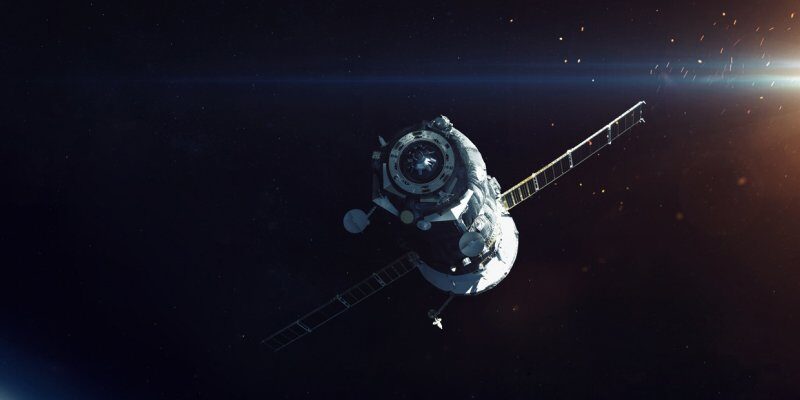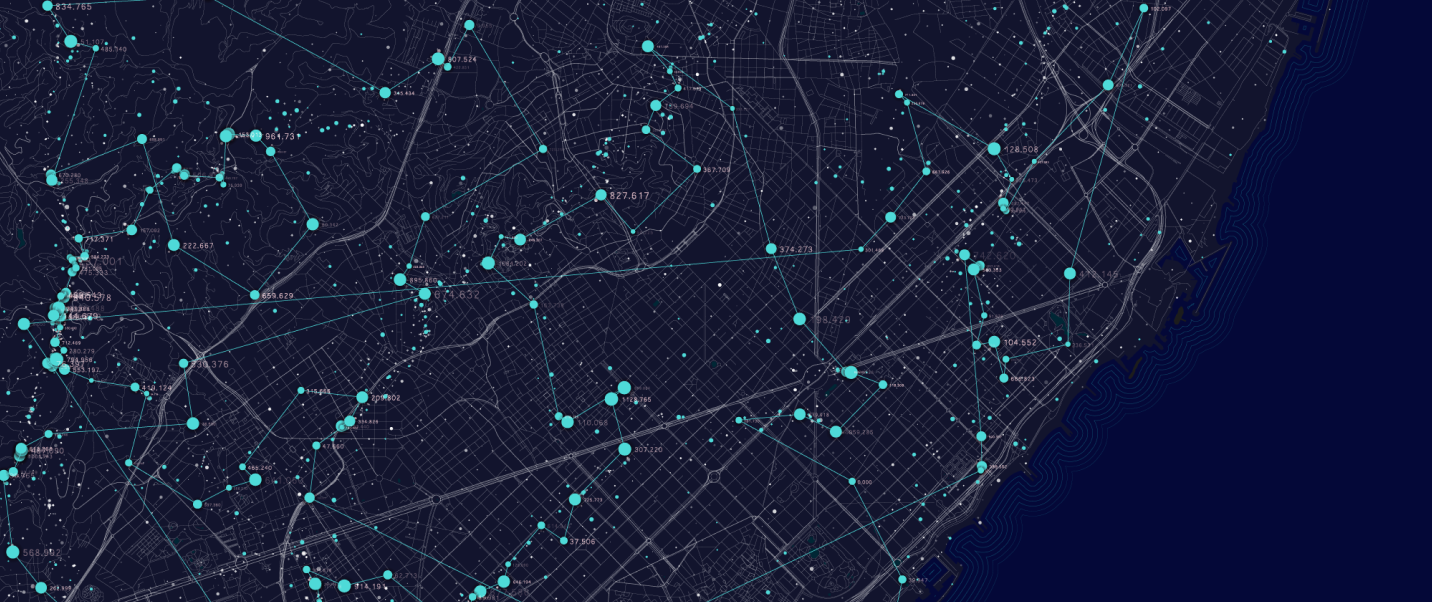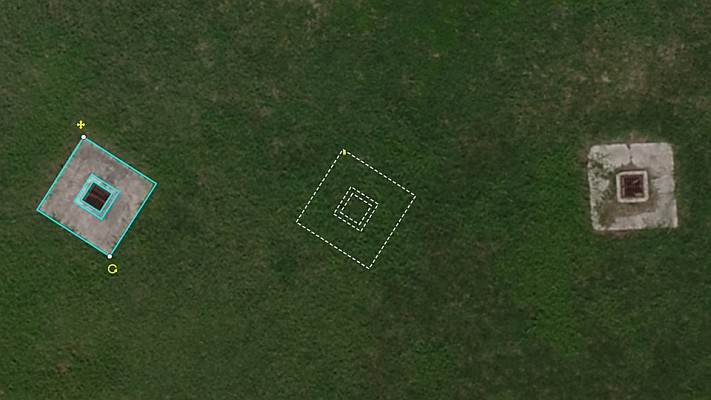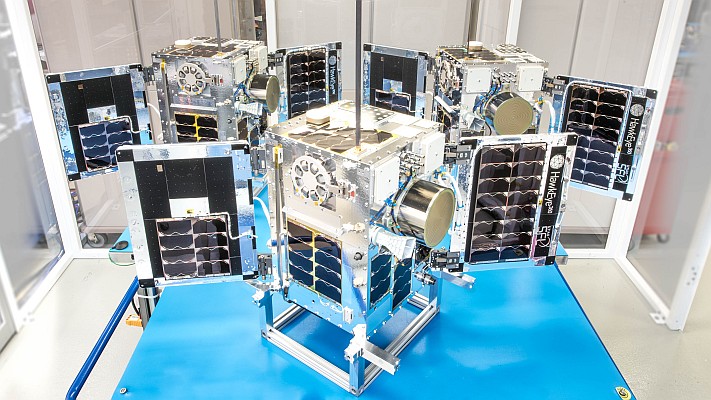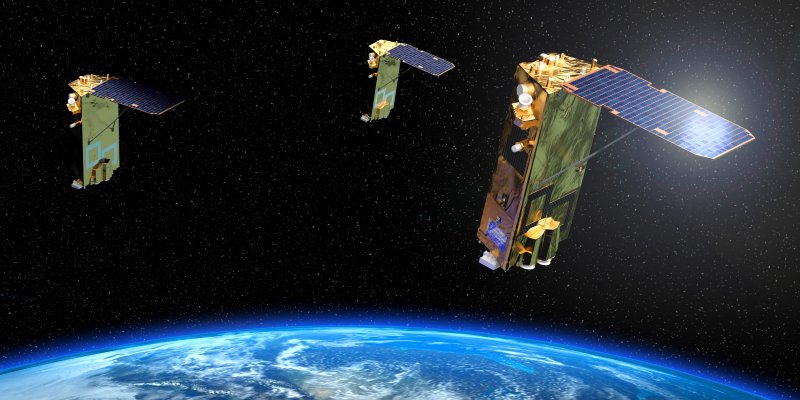One of the great challenges of the space segment is how to deal with fragments of rockets and satellites and inoperative equipment that orbit the Earth without any use. The issue of space debris is so worrying that in recent years several companies have been opened with a focus on identifying and tracking these objects.
One of them is OrionAST, selected by the Brazilian Space Agency (AEB) to operate from the Alcântara Space Center (CEA), in the state of Maranhão, in the Brazilian Northeast. The company’s participation is a consequence of the opening of the CEA to the private sector through the Public Call Notice of May 22, 2020.
OrionAST has not yet provided many details on how the company will operate in Alcântara, or when that should take place. Before that, anyway, the company will have to sign the contract with the Brazilian Air Force (FAB) so that it has access to goods and services in the CEA.
What is already defined is that the future operation of OrionAST will be on the Midsize Launcher platform, intended for medium-sized launches for orbits up to 200 kilometers in altitude.
Founded in 2013, the American company has since been dedicated to the development of solutions and technologies to reduce the risks related to space debris. For this, it is creating an architecture of nanosatellites capable of identifying and analyzing the risks generated by space fragments.
OrionAST’s architecture will initially consist of six satellites designed to detect objects in space. From there, each identified debris will be cataloged and analyzed. If there is a possibility of collision with satellites of OrionAST’s partner companies, the system will indicate the risks and the best solutions for the collision to be avoided.
Beyond space debris
Despite being the main one, the identification of space debris is not the only solution of the company’s satellites. They are also designed to offer, from the same structure and equipment, other types of services, such as telecommunications and environmental and emergency monitoring, such as forest fires and floods.
With this, the same partner will be able to hire different solutions, reducing the operational cost. And in this way, according to OrionAST, this technology will make an extensive bridge of global solutions in various market segments.
Among OrionAST’s first customers is the Ethiopian government, which signed a Memorandum of Understanding with the company to develop the space industry in the African country, as well as to use services and products generated from the satellites that will be launched.
The Ethiopian government’s expectation is that OrionAST will increase the local capacity to promote public policies based on spatial data, especially in the segments of agriculture, environment, prevention and response to natural disasters and monitoring of emergency situations.
“The Memorandum of Understanding is a milestone that will be historic for both the United States and Ethiopia. It represents a lot of hope and opportunity for Ethiopia to become a leader in the space industry through our company.”
Alexander Alvin, President and CEO of OrionAST.



